In a milestone move for its emerging kava industry, the Solomon Islands today launched its National Kava Quality Standard and a Kava Industry Working Group (Kava IWG) with the support of the Australia and New Zealand funded Pacific Horticultural and Agricultural Market Access Plus (PHAMA Plus) program.
A first for the country, the kava quality standard and IWG mark a significant progress in the ongoing efforts to improve kava quality in the Solomon Islands and grow export and trade opportunities. The Standard provides minimum requirements for kava products used as food or beverage when mixed with water.
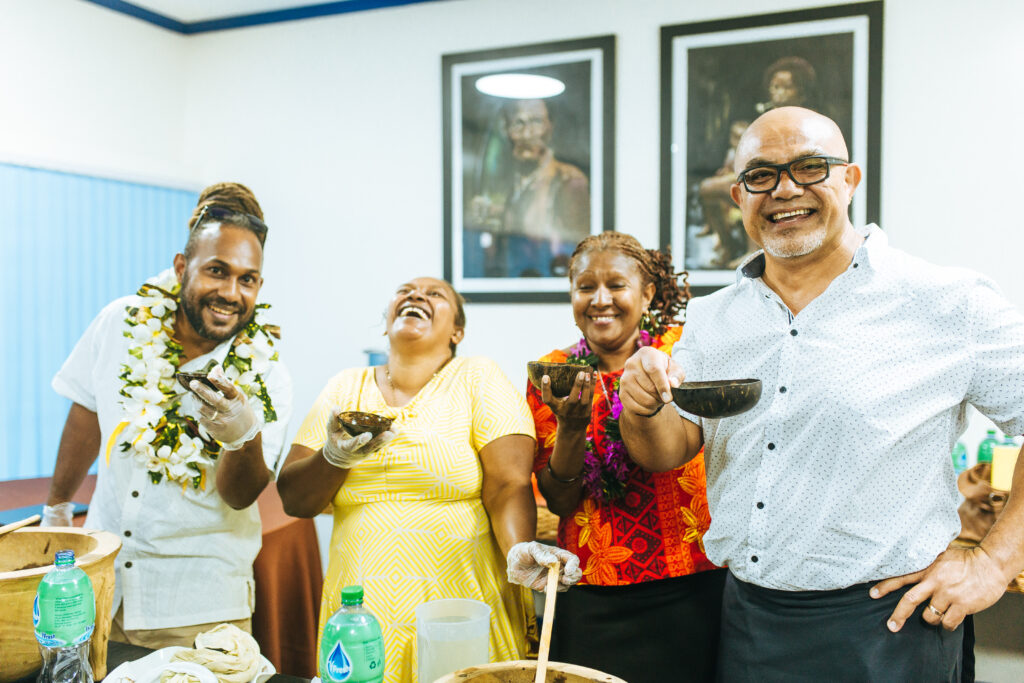
“For Solomon Islands, the increase in popularity of kava and kava products at the world market has generated a lot of hope and enthusiasm in the local agriculture sector. We now have a kava quality standard to adhere to and promote Solomon Islands kava as an authentic high-quality product for key export markets like Australia, New Zealand and the United States,” Deputy Permanent Secretary for the Ministry of Agriculture and Livestock Michael Ho’ota said after launching the standard.
The implementation of the kava quality standard will be led and coordinated by industry leaders through the Solomon Islands Kava IWG, a national group that brings together the various actors across the kava value chain in Solomon Islands.
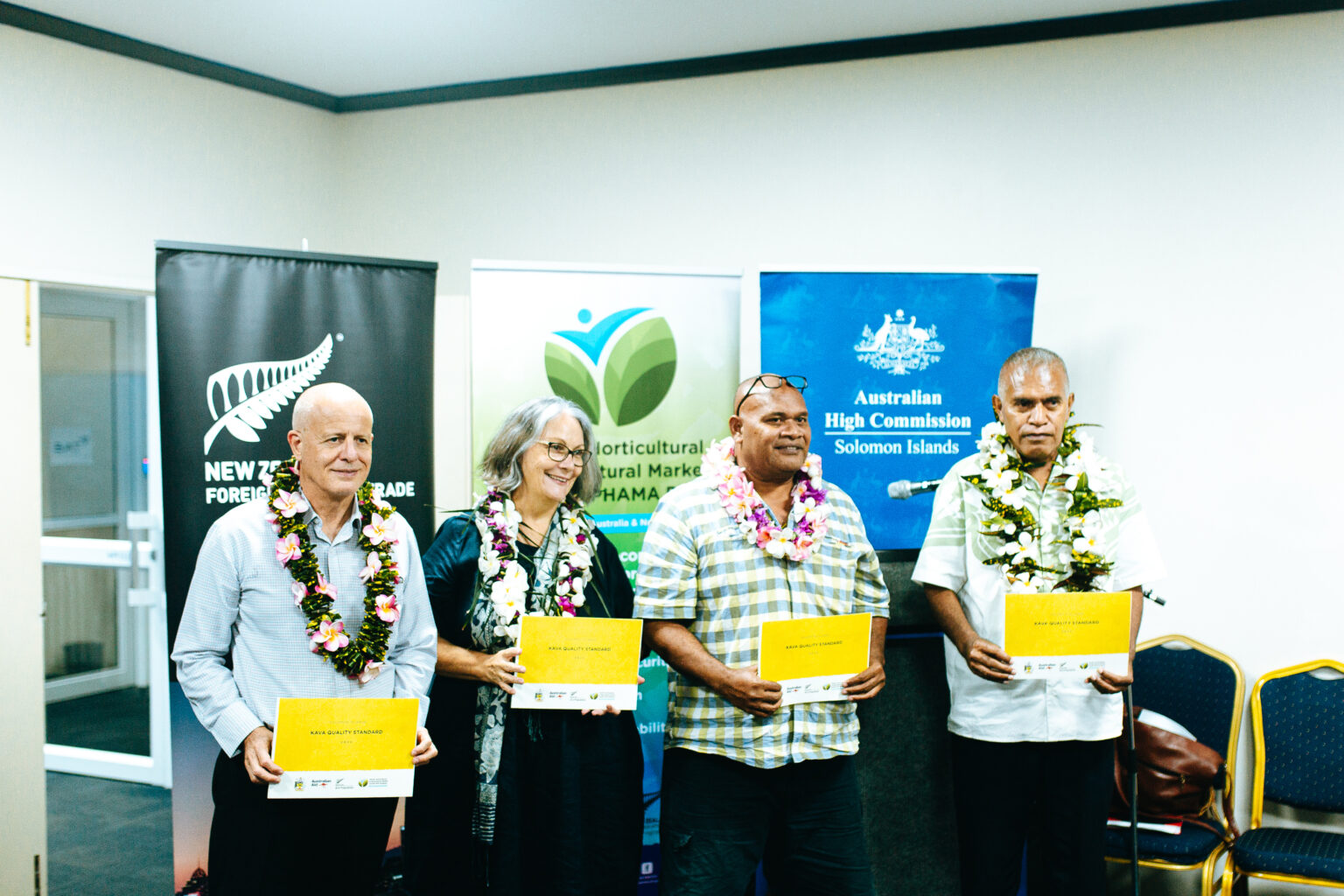
The launch event culminates three days of workshop with local kava stakeholders from the private and public sector to better understand Australia’s Commercial Kava Pilot, market opportunities and requirements (labelling and biosecurity) and discuss strategies to develop, promote and improve market presence of kava in Solomon Islands and key export markets.
“Australia is proud to work with local kava stakeholders to ensure that domestic and international trade of Solomon Islands kava meets internationally accepted standards and procedures. We hope that through the new Standard and Kava IWG, Solomon Islands kava exporters can harness the potential economic benefits of kava. We want to see Solomon Islands farmers make use of existing export opportunities under Australia’s Commercial Kava Pilot but we also want to see Solomon Islands kava exported all over the world,” said Alison Purnell, Economic Counsellor from the Australian High Commission.
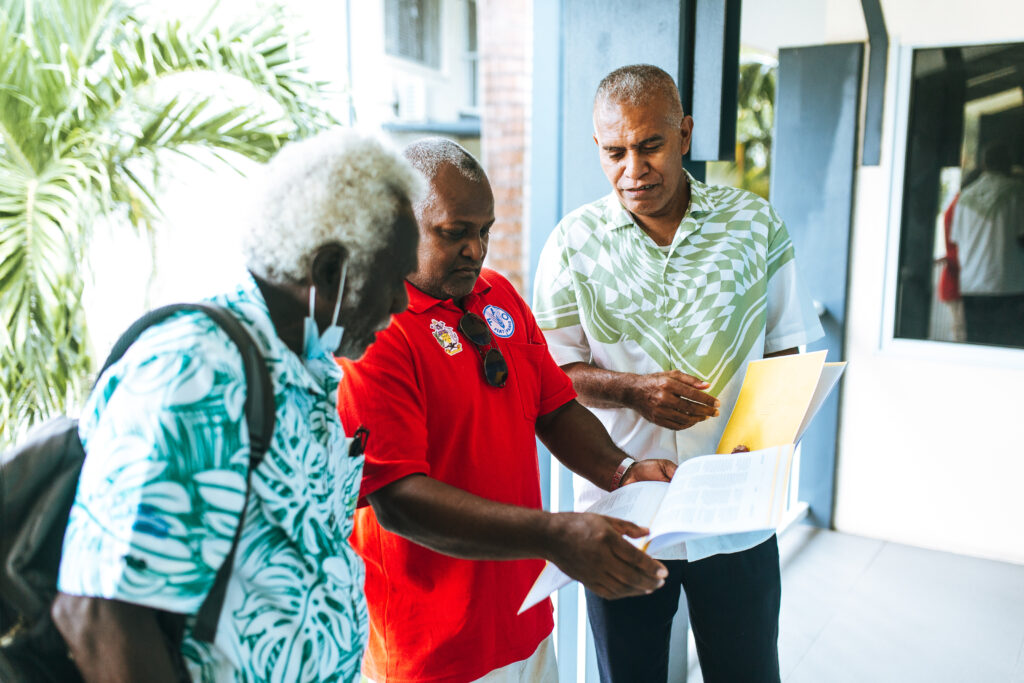
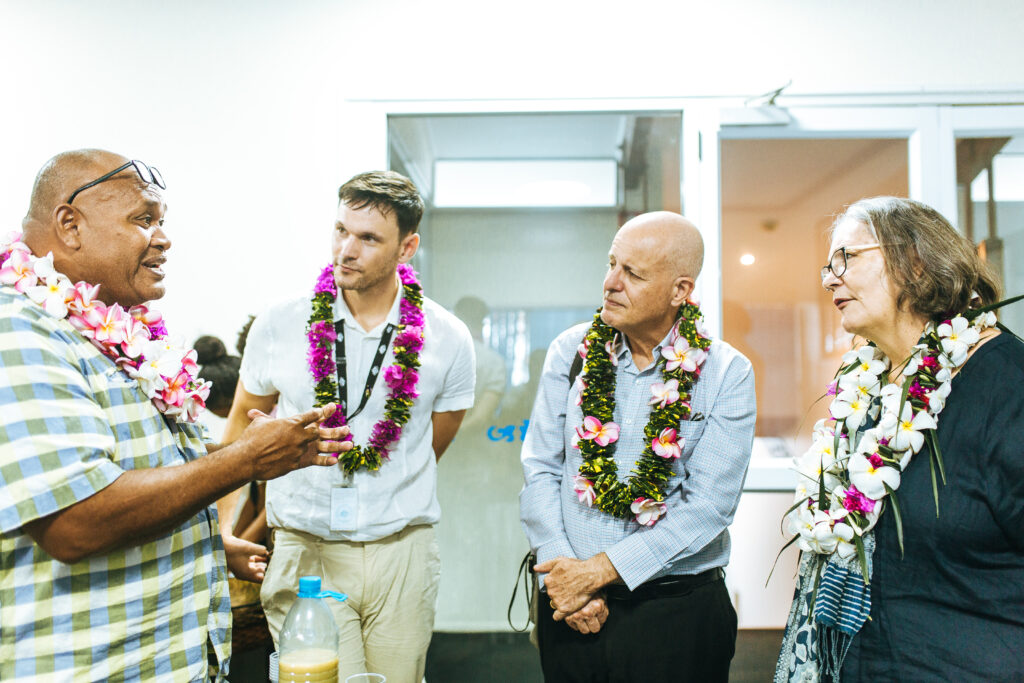
Since December 2021, when Australia’s commercial pilot allowed the commercial importation of kava into Australia as a food, around 236 consignments of kava have been supplied by 430 exporters from Pacific Island Countries. Of the 430 suppliers, only 1 supplier from the Solomon Islands exported 30kgs to Australia. Now with the standard in place, there is a lot of opportunity for Solomon Islands to grow its export of kava.
“Aotearoa New Zealand is pleased to support the Government of Solomon Islands and the private sector to build trade opportunities for kava and turn it into tangible sources of income, particularly for farming communities. Through PHAMA Plus, we hope to continue to grow the industry and safeguard its future,” said Jonathan Schwass, New Zealand’s High Commissioner to Solomon Islands.
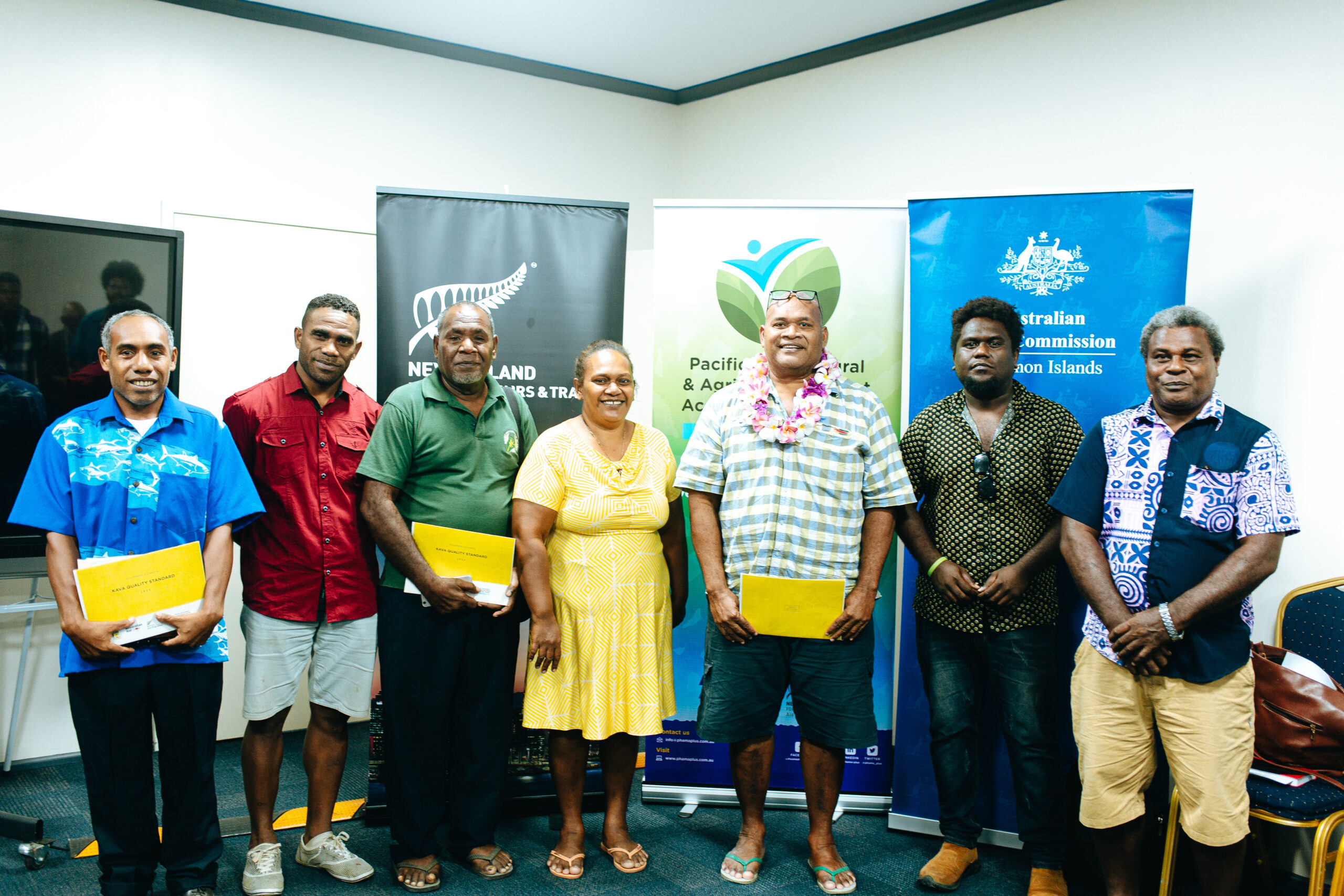
PHAMA Plus has been working in Solomon Islands since 2011 to improve market access for the country’s key export industries such as cocoa, timber, seafood, coconut and handicraft, and to promote industry coordination through the establishment of industry working groups.
The Program is now supporting the tree crops (coco and coconuts), sawn timber and kava sectors to increase the quantity and quality exports in ways that benefit farming households, producers, exporters and importers.
For more information, please contact PHAMA Plus Country Manager Samantha Maeke on s.maeke@phamaplus.com.au
